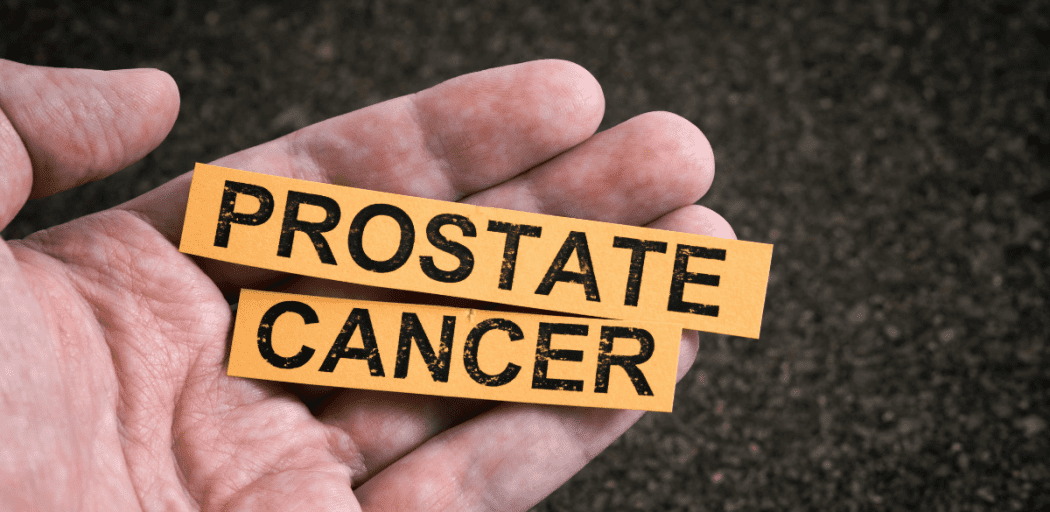Introduction:
Prostate cancer is one of the major health issues that may impact the life of a man critically. These damages involve the size of his libido, his general health, and the balance of his hormones. Future this paper will cast light on the syndrome when disease is caused by prostate cancer, including sexuality. In addition to that, we’ll take a look at the bothersome men’s health problems after prostate cancer and their implications for the regulation of hormones.
What kind of life (and sex life especially) does one have after prostate cancer?
Difficulties with intimacy and sexual health might occur after prostate cancer treatment and, therefore, they are the main areas of a patient’s life after being treated for the mentioned disease. While every individual is impacted by cancer and sexual health differently and factors such as treatment type, cancer stage, and general health are all contributors, it is hard to establish patterns. Some common experiences and challenges related to sexuality after prostate cancer include:
Some common experiences and challenges related to sexuality after prostate cancer include:
1. Erectile Dysfunction (ED):
Prostate cancer treatment can often lead to the development of erectile dysfunction in men, such as after surgical procedures and radiation therapy which can be effective but can also be difficult to handle. During surgery and radiology, men do good and bad things that affect blood flow to the penis resulting in an erection difficult to sustain or impossible. Strategies could include medications such as PDE5 inhibitor (s) like (e.g.) Viagra, and/or vacuum devices and penile implants for the treatment of ED to improve sexual function.
2. Changes in Libido:
A few of the men may no longer be capable of having sex or desire sex with the women they used to after the prostate cancer treatment. This may be a result of hormonal changes brought about by the treatment or due to psychological factors. An open dialogue between all healthcare professionals and other partners is particularly significant while discussing libido issues and intimacy, as well as other challenges.
3. Emotional Impact:
Prostate cancer with its effect on sexuality is an emotionally challenging situation. Its effect not only on the patient but also on his/family should not be overlooked. Feelings of disappointment, frustration, or anxiety about sexual performance or closeness are so frequent among GERD patients (generalized erectile dysfunction). Guidance and help contact groups or sessions can give emotional assistance and a range of approaches for dealing with such problems.
Which health problems do men suffer from the most?
1. Urinary Incontinence:
One common side effect of prostate cancer treatment, including surgery, is urinary incontinence, when patients may go through leaky and dribbling or have difficulties in controlling their urination. Pelvic floor exercises, changes in lifestyle, and also drugs or even surgery in a few cases, may deal with urinary incontinence.
2. Bowel Changes:
Some men may get changes in their bowels or problems like diarrhea, constipation, or bowel urgency when they have been treated for prostate cancer, particularly after radiation therapy. Altering one’s diet, taking supplementary medication, and making lifestyle modifications are the three main approaches that can help in coping with bowel symptoms.
3. Fatigue and Physical Wellness:
Cancer therapies including surgery, radiotherapy, and chemotherapy not only aggravate fatigue but also result in reduced coordination of body movements.
Practicing consistent exercise, taking a balanced diet, ensuring enough rest, and getting treatment from a health provider are the main tactics that can enable you to achieve overall wellness and have an abundance of energy.
How does prostate cancer influence hormones?
1. Testosterone Levels:
Testosterone is a hormone that is responsible for male sexual functioning, muscle mass, bone density, and overall good physical, among other roles. One of the many methods used in the treatment of prostate cancer is known as androgen deprivation therapy (ADT), which lowers testosterone levels to limit cancer cell growth. Nevertheless, these may be accompanied by other problems, e.g. tiredness, low sex drive, and mood swings.
2. Hormonal Imbalances:
Under hormone therapy, the prostate can affect not only testosterone but also other substances in the body. Keeping close tabs on hormone levels and approaching seen imbalances through either medication or lifestyle changes would help avert the effects and ensure overall health.
3. Bone Health:
Testosterone deficiency from the treatment of prostate cancer can be another factor in bone health, as it leads to weak bones or a tendency to fracture. Calcium and vitamin D supplementation and regular bone health screenings are equally as important as weight-bearing exercise.
Conclusion:
It is challenging to face a lot of physical, emotional, and hormonal issues that accompany prostate cancer life after the prostatectomy. It includes everything from balancing sexual health concerns including erectile dysfunction and libido changes to certain male health problems like urinary incontinence and fatigue, so comprehensive care and support are, of course, utmost. A condition involving the excess or deficiency of hormones, and testosterone in particular, in prostate cancer patients, may impact their overall health and well-being after prostate cancer treatment. Thus, taking steps to improve the quality of life for such individuals may be critical. Having open communication with health care providers, involvement of the members of a support network, and an active precept of the self-health condition help build healthy routines after identifying cancer prostate.

